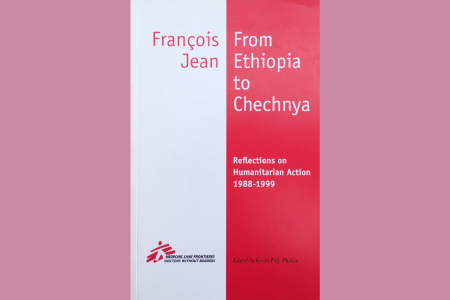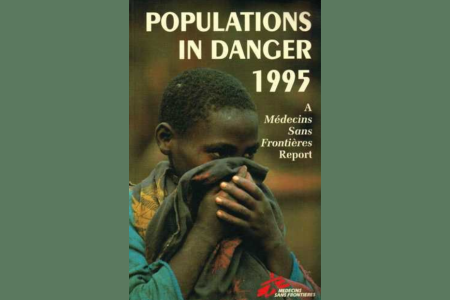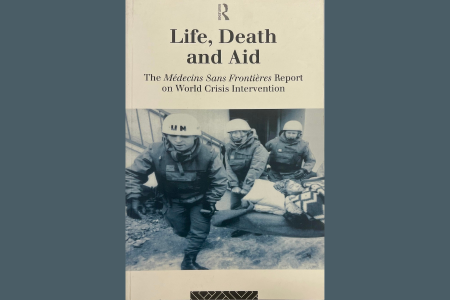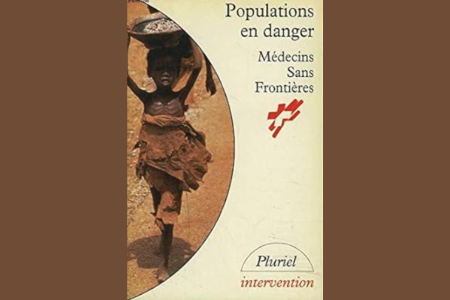Researcher at MSF-Crash, François Jean died on December 25th 1999. He wrote numerous books and articles, some published in Revue Esprit. He worked particularly on Afghanistan, Caucasus, North Korea and analyzed the evolution of humanitarianism without compromise.
François Jean
The Challenges of Globalization of International Relief and Development
11/27/2019 Philippe Biberson François JeanFirst Published December 1, 1999 - Nonprofit and Voluntary Sector Quarterly (NVSQ) - Volume 28 Issue 1.
This article begins with a look at the role played by Médecins Sans Frontières (MSF) since its inception in 1971, and then looks at the challenges facing MSF today. It focuses on the confusion of humanitarian and political roles and on the goals MSF has laid out for itself to address this confusion. Humanitarian aid has become the favored response of governments to political crises, and governments have increasingly turned to NGOs to carry out their policies. In turn, NGOs have become increasingly dependent on governments for financial support. These changes have politicized aid delivery and made it difficult for NGOs to maintain their independence. In addition, as the number of NGOs increases and their activities become more specialized, there are pressures toward institutionalization and bureaucratization. To respond to these challenges, MSF has identified several goals, including maintaining organizational independence and flexibility and avoiding bureaucratization.
 MSF-Crash
Book
MSF-Crash
Book
From Ethiopia to Chechnya
04/01/2004 François JeanFor nearly two decades, François Jean practiced humanitarian action based on a deep, pragmatic desire to understand, constant self-questioning, and broad intellectual curiosity. It will be clear to anyone reading his collected works, From Ethiopia to Chechnya: Reflections on Humanitarian Action, 1988-1999, that his writings resonate with dilemmas we face today.
 Book
Book
Populations in danger 1995
11/01/1995 François Jean« Never again »: in the wake of the second World War, the terror caused by the Holocaust led the community of states to condemn genocide as a crime and to create a new international organization, the United Nations. And yet, half a century later, the international community did nothing to prevent the first undeniable genocide since that of the Jews: it let the massacre of the Rwandan Tutsis and merely sent humanitarian aid, even though it was nearly over.
 Book
Book
Life, Death and Aid
11/01/1993 François JeanWith the end of the Cold War came the hope of a "New World Order". yet the tragedies of war and famine continue to dominate our headlines. Humanitarian law is still violated every day. Emergency aid from the United Nations and donor governments remains inadequate and military interventions often fail to restore durable peace.
 MSF-Crash
Book
MSF-Crash
Book
Populations in danger
12/01/1992 François JeanIn the world today entire populations are at immediate risk of death from either famine, war, epidemics or displacement. The people of Southern Sudan, Somalia, the former Yugoslavia, Mozambique, Peru, Sri Lanka, Nagorno-Karabakh, as well as the Tuaregs, the Kurds and Burma's Moslems are those who face the most serious threats.
